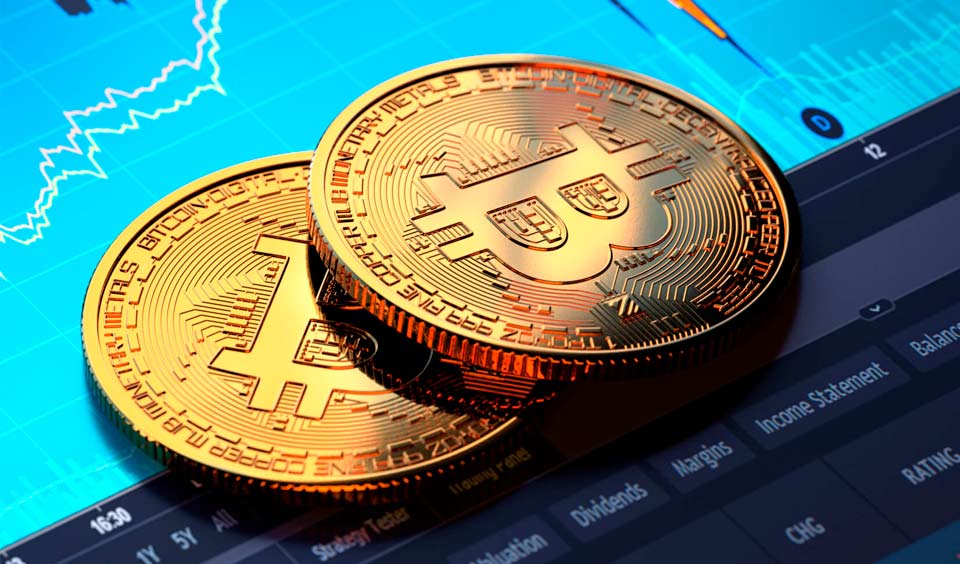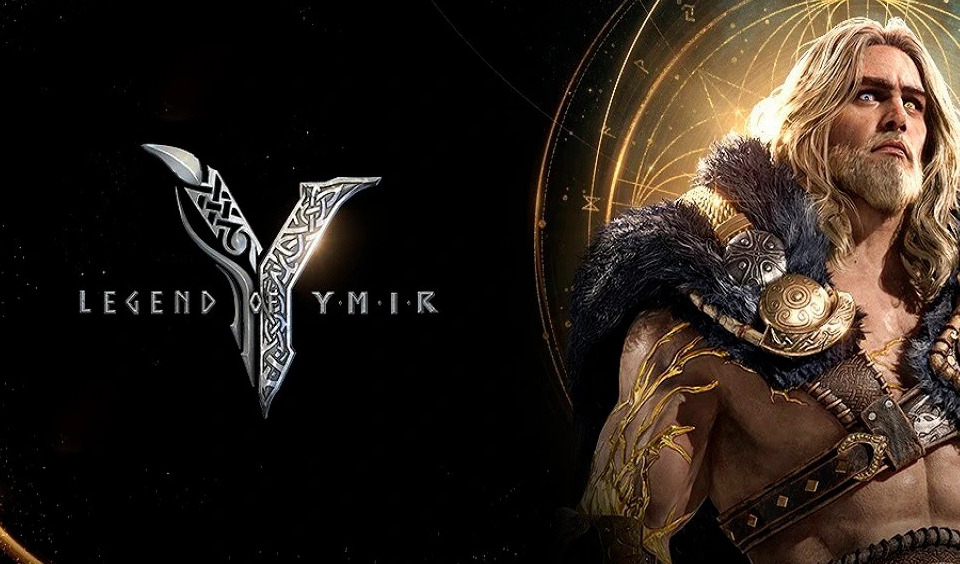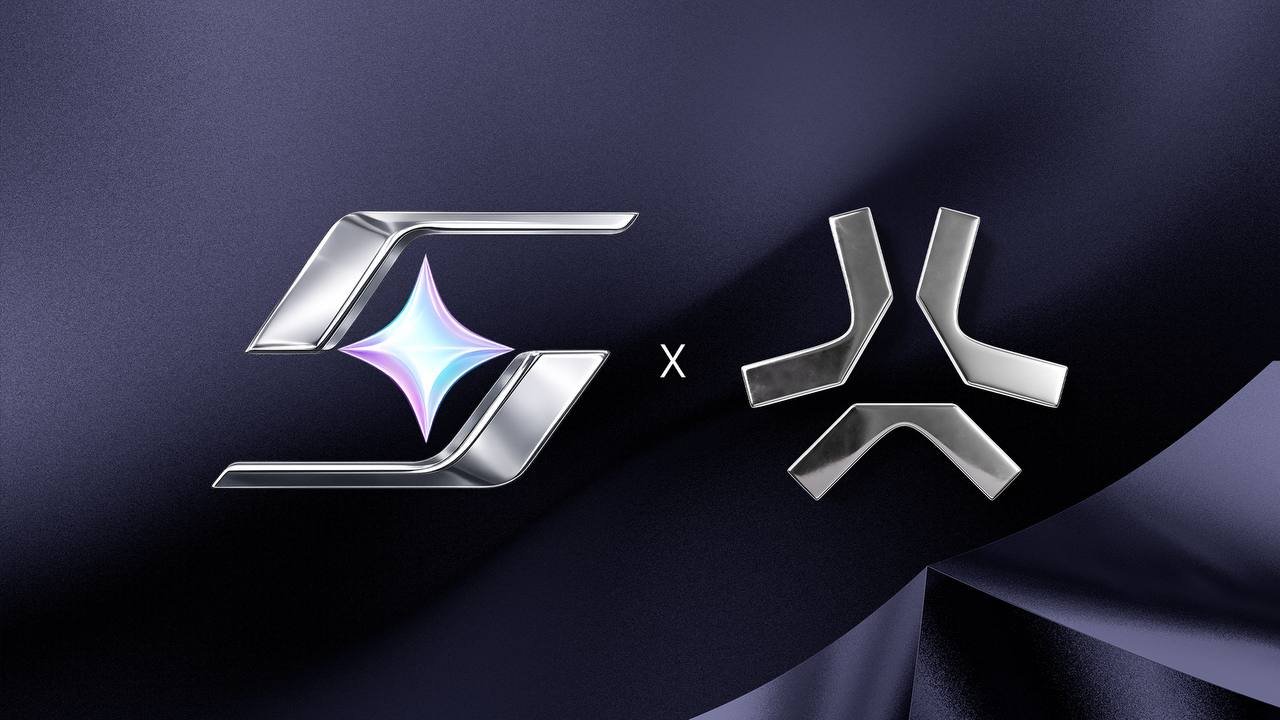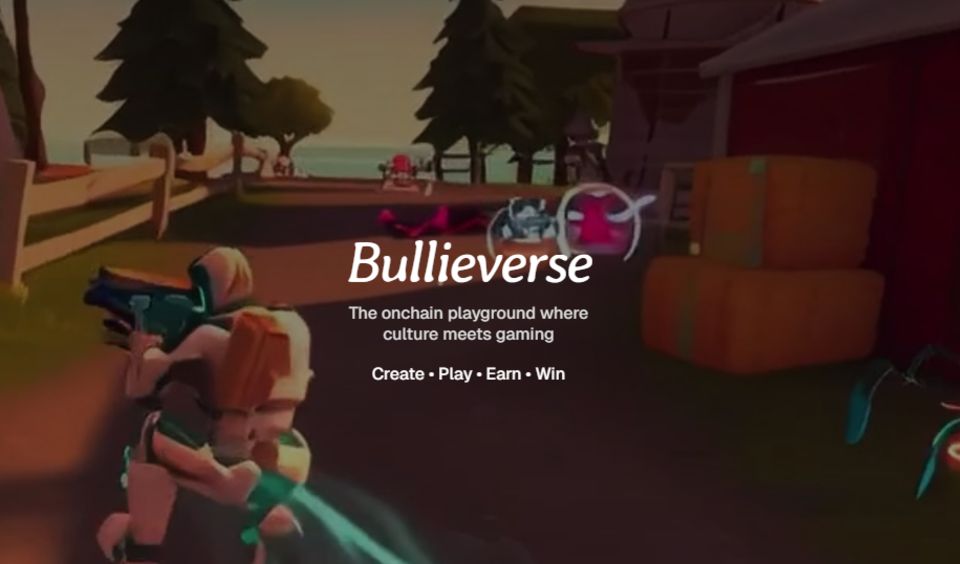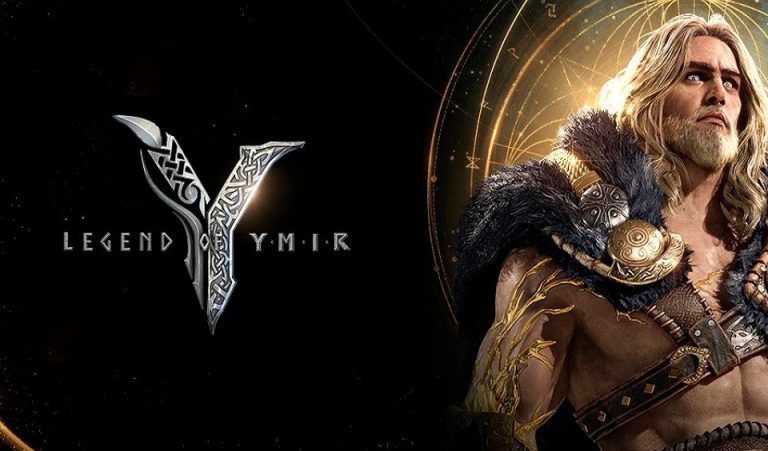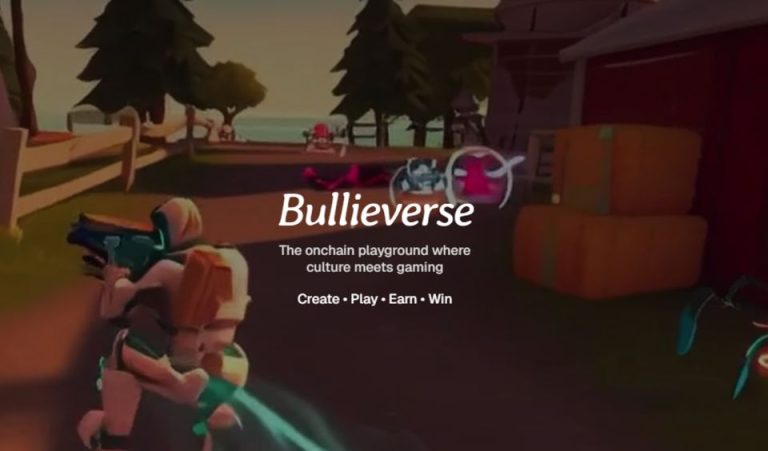Introduction
Since its inception, there have been concerns regarding Bitcoin’s potential to scale successfully. A blockchain, a digital ledger, is used to process, confirm, and record transactions involving the digital currency Bitcoin.
The blockchain is a revolutionary ledger-recording system. Because the actuality of what has happened is validated by majority rule rather than by a single player, manipulating ledgers is considerably more difficult. Because it exists on computers worldwide, this network is likewise decentralized.
The problem with Bitcoin’s blockchain technology is that it is slow, especially compared to credit card processing organizations. Visa Inc. (V), a well-known credit card company, conducts 564 million transactions each day, or about 6,527 transactions per second.
What is the maximum number of transactions per second that the Bitcoin network can handle? The current rate is 4.43 per second. Transactions might take anywhere from a few seconds to many minutes to complete. Waiting times have increased as the Bitcoin network has grown because there are more transactions to process without changing the underlying technology that processes them.
The core difficulty of scaling and enhancing the speed of the transaction verification process has been the subject of ongoing disputes about Bitcoin’s technology. To solve this challenge, developers and bitcoin miners have come up with two primary solutions:
- The first includes lowering the amount of data to be confirmed in each block, resulting in speedier and less expensive transactions.
- The second step entails making data blocks larger to handle more data at once.
These solutions led to the creation of Bitcoin Cash (BCH), if you want a Beginners’ guide how to sell BCH follow the provided link.
We’ll look at how Bitcoin and BCH vary in the sections below.
Bitcoin
Mining pools and firms representing 80% to 90% of Bitcoin computing power voted in July 2017 to employ a segregated witness (SegWit).
By eliminating signature data from the block of data that needs to be processed in each transaction and adding it to an extended block, this enhancement reduces the amount of data that needs to be confirmed in each block. Signature data is predicted to account for up to 65 percent of the data processed in each block, so this isn’t a little technological jump.
There was a lot of talk in 2017 and 2018 about doubling the size of blocks from 1 MB to 2 MB. In February 2019, Bitcoin’s average block size surpassed previous records, reaching 1.305 MB. The average block size was 1.39 MB by January 31, 2022. Because of the larger block size, Bitcoin’s scalability has improved.
SegWit implementation had helped boost block size despite a consistent adoption rate for the technology, according to research provided in September 2017 by cryptocurrency exchange BitMEX. SegWit2 refers to proposals that implement SegWit while also doubling the block size.
Bitcoin Cash
On the other hand, Bitcoin Cash is a different story. Bitcoin Cash was made by Bitcoin miners and developers concerned about the cryptocurrency’s long-term viability and scalability. On the other hand, these people have reservations about using Segregated Witness technology.
They believed SegWit2 did not adequately address the fundamental issue of scalability, nor did it adhere to the roadmap laid out by Satoshi Nakamoto, the unidentified person who first proposed the blockchain technology that underpins cryptocurrency.
Furthermore, implementing SegWit2 as a path forward was far from transparent, and there were concerns that its implementation would jeopardize the currency’s decentralization and democracy.
In August 2017, a hard fork was initiated by several miners and developers, effectively resulting in the creation of a new currency: BCH. BCH has its blockchain and standards, with one significant difference from bitcoin.
BCH implemented an 8-MB block size to speed up the verification process and a configurable level of difficulty to assure the chain’s survival and transaction verification speed, independent of the number of miners backing it.
As of 2022, the maximum block size for BCH has been increased fourfold to 32 MB.
As a result, Bitcoin Cash can process transactions faster than the Bitcoin network, resulting in shorter wait times and lower transaction processing fees. The Bitcoin Cash network has a far higher transaction rate than the Bitcoin network.
However, the faster transaction verification time has drawbacks. The greater block size associated with BCH can impair security compared to the Bitcoin network.
Similarly, because Bitcoin is still the most popular cryptocurrency globally and the largest by market capitalization, BCH users may discover that liquidity and real-life usability are less than for Bitcoin.
Beyond the divide that led to Bitcoin Cash, the discussion over scalability, transaction processing, and blocks has raged on.
The Bitcoin Cash network, for example, had its hard fork in November 2018, resulting in the formation of Bitcoin SV, a new derivation of Bitcoin. Bitcoin SV was built to keep true to Satoshi Nakamoto’s initial vision for Bitcoin, as expressed in the Bitcoin white paper, while allowing scalability and faster transaction speeds.
The debate about the future of Bitcoin appears to show no signs of being resolved.
Summary
Bitcoin Cash is a hard fork from the Bitcoin blockchain. It is a separate cryptocurrency from Bitcoin, and it also has a different blockchain protocol. It’s possible to use BCH like any other cryptocurrency and invest in it with the hope that it will increase in value and fulfill a role in your portfolio.
However, before investing in BCH, it’s essential to carefully consider your risk tolerance and funding strategy, so you can make sure that you are using it optimally in your portfolio.
“Disclaimer: The press releases published in this news media have been sent by companies of which we are not part, nor do we have any related interests.
From CryptoGames3D we advise all our readers to do their own research of the projects before making any type of investment.”

